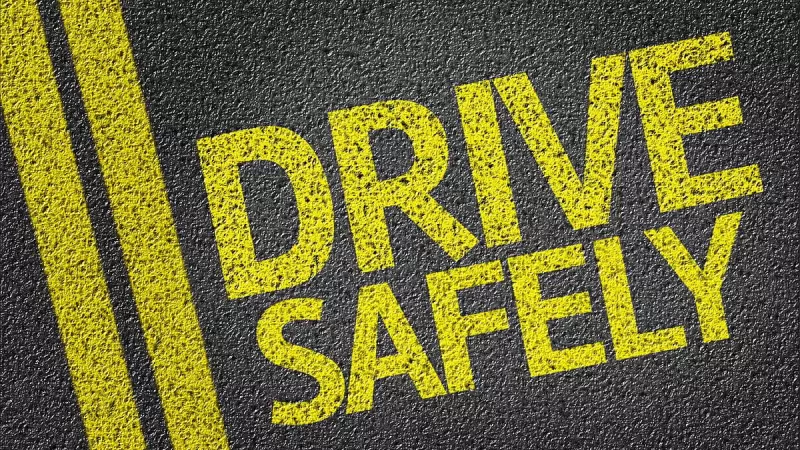
In a watershed moment for road safety in India, the Supreme Court has issued a powerful directive that could fundamentally transform how the country addresses its escalating road accident crisis. The ruling comes as a response to the staggering statistic of approximately 1.68 lakh annual road fatalities - a number that represents countless shattered families and an enormous economic burden.
The Human Cost of Negligence
The bench, comprising Justice Abhay S Oka and Justice Ujjal Bhuyan, didn't mince words when highlighting the devastating impact of road accidents. Beyond the immediate tragedy of lost lives, the court emphasized the profound economic consequences that ripple through families and communities. The judgment serves as a stark reminder that behind every statistic lies human suffering that could often be prevented.
Enforcement Over Enactment
What makes this ruling particularly significant is its focus on implementation rather than mere legislation. The court pointed out that India already possesses comprehensive road safety laws under the Motor Vehicles (Amendment) Act, 2019. The real challenge, as identified by the justices, lies in the "lack of will to implement" these provisions effectively.
A Framework for Action
The Supreme Court outlined several critical measures that authorities must now prioritize:
- Strict enforcement of existing traffic laws without exception or compromise
- Systematic investigation of every road accident to identify root causes
- Enhanced accountability for officials responsible for road safety implementation
- Regular monitoring and reporting on compliance with safety standards
Beyond Individual Responsibility
While the court acknowledged that individual behavior contributes to accidents, it placed significant emphasis on systemic failures. Poor road engineering, inadequate signage, missing safety features, and inconsistent law enforcement all contribute to creating hazardous conditions that claim lives daily.
A Call for Collective Action
This judgment represents more than just a legal directive - it's a moral imperative for all stakeholders. From traffic police and municipal authorities to road construction agencies and individual citizens, everyone has a role to play in making Indian roads safer. The Supreme Court has essentially provided the legal framework; now the responsibility shifts to implementation.
The timing of this ruling couldn't be more crucial, as India continues to witness rapid urbanization and increasing vehicle density. The decision sets the stage for what could become a transformative movement toward safer mobility for all citizens.






